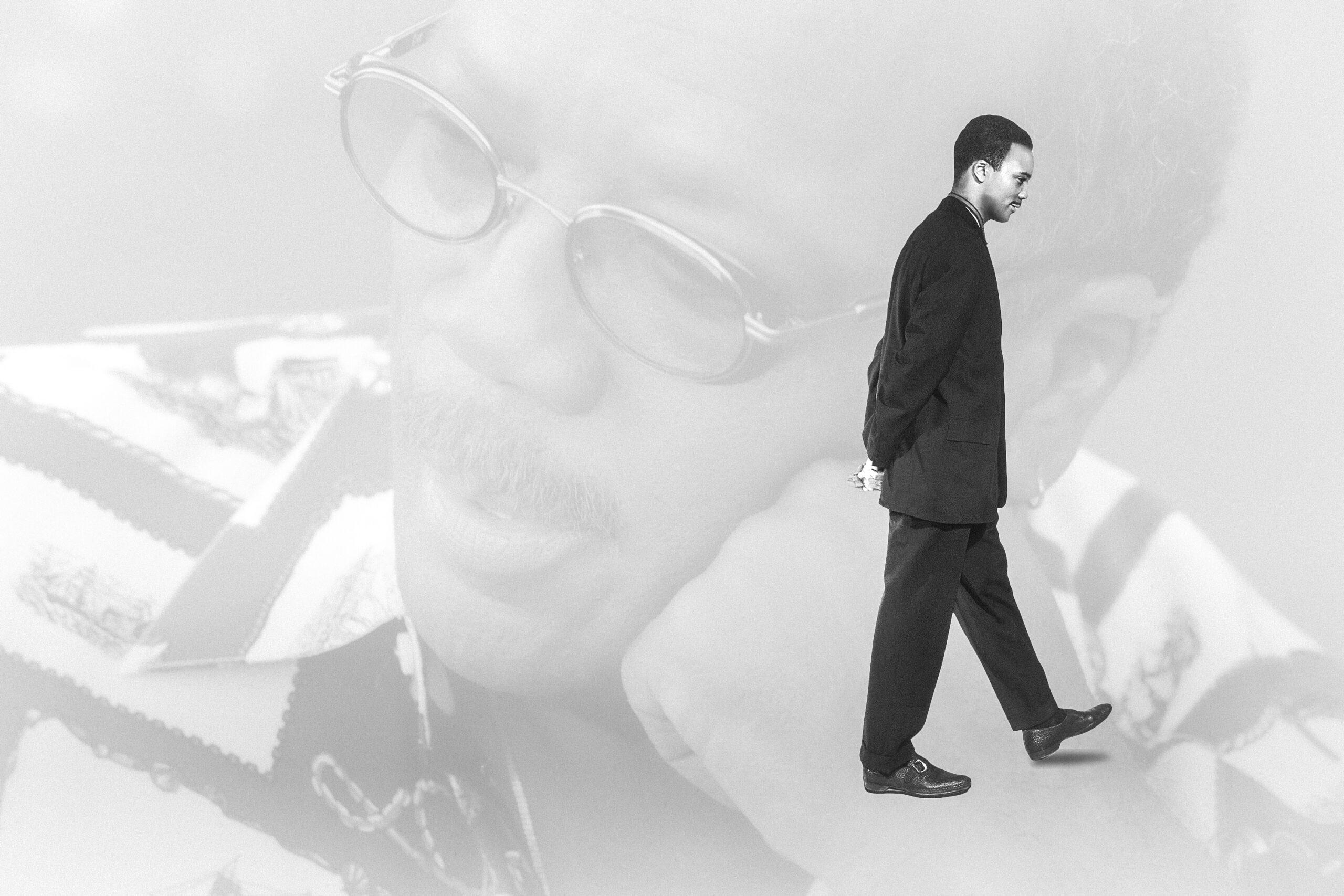
The first couple minutes of Quincy—the 2018 documentary about Quincy Jones, co-directed by his daughter Rashida—are really a quite striking prologue. The shots are simple enough: There’s the obligatory survey of so many record plaques and iconic portraits posted on so many walls of Quincy’s mansion in Bel-Air. Here this documentary is beginning to tell the story of Quincy Jones as much as it’s telling the story of American entertainment—not just music, but the whole showbiz shebang—in the 20th century. This initial overview neatly culminates with a thoroughly star-struck Dr. Dre sitting in Quincy’s living room and telling him that his music, more than anything else, inspired him to become a record producer in the 1980s. Until Dre breaks the ice, though, the soundtrack—“Summer in the City”—plays uninterrupted over these opening shots. You know the groove—it’s reverberated for half a century at this point without ever fading out. For these first couple minutes, Quincy lets the music speak, oh so sweetly, for itself.
Quincy Jones died on Sunday, at age 91. The immense outpouring of condolences from so many corners, in jazz, but also pop, in North America and beyond, from Gamble and Huff and Ron Carter to Will Smith, Mariah Carey, the Weeknd, and then of course his “celestial twin,” Michael Caine, hint at the vastness of Jones’s influence. That’s not even accounting for the many all-star collaborators whom he outlived—Ella Fitzgerald, Frank Sinatra, Dinah Washington, Miles Davis, Michael Jackson. Quincy Jones wasn’t some distantly revered or abstractly influential figure. He was the ultimate collaborator. He really knew all of these people, even the musicians who you’d otherwise assume were too young and too musically new to be mentored by Quincy Jones, people like Dr. Dre. Jones was a player, a composer, an arranger, a producer—everything but a singer, really. He was the original superproducer, a man whose role in the studio was nebulous yet omnipotent. He was the man who told Michael Jackson how to make hit records: enough said. He was savvy and extravagant and accomplished, and yet, he always seemed to regard music with a certain God-fearing humility. He wasn’t an operator in an industry but rather a master of a craft. “God walks out of the room when you’re thinking about money,” he once told Vulture—that’s hardly the most viral quote from that legendary interview with David Marchese, but it’s the one that best encapsulates his ethic, his ethos, his particular balance of making a lot of money over the years, yes, but nevertheless making stuff with feeling.
Jones’s life was a wild story. He grew up in Chicago and then Seattle, through the second half of the Great Depression into the bebop years. He was a “street rat” (his words) who wanted to be a gangster until he first took up piano and then eventually settled on trumpet and started playing in nightclubs as a teenager. He dropped out of Berklee to tour with the legendary big band leader Lionel Hampton in the 1950s. Jones had chops, but more importantly he had an ear for so many sounds that we now take for granted—the killer bass line, the undeniable chorus, the self-evident grandeur of the megahit. The sounds that could make even the most defensive youth concede that his grandparents have a point about “them” not making music like they used to. Jones’s musical prime ultimately spanned half a century, and his style, such as it persisted through so many shifts and upheavals in the wider entertainment landscape, defied any easy categorization by genre. Was it jazz? Soul? Funk? R&B? Disco? Pop? The answer is yes, and even then, that’s only the half of his sound. You know his groove when you hear it, whether it’s performed by a swing orchestra or singular artists like Sinatra and MJ.
Jones’s excellence was so dauntingly varied; his is the sort of legacy that dares you to recall everything, every last contribution, lest you forget to touch upon some invaluable aspect of his genius. He scored In the Heat of the Night, The Color Purple, andThe Wiz! He cofounded Vibe! He executive-produced The Fresh Prince of Bel-Air and in fact coaxed a reluctant Will Smith into the leading role! Have you seriously never heard “Razzamatazz”?! He was always a musician, first and foremost, but he was—is—also the consummate entertainer, a man who brought America to the height of its glamor. In his old age, even as that glamor faded, Quincy Jones wore his mid-century friskiness and indelible frankness into the new century. To the end, he delighted in the creativity of others, in whatever form or style it might take, so long as you knew that he’d have the final say on the violins in the intro of “Don’t Stop Till You Get Enough.” He also clearly delighted in speaking candidly about Hollywood, knowing where all the bodies are buried, and now he’s taken so many secrets and so much wisdom to his own grave. At least he left us some consolation in his sweet sounds.

